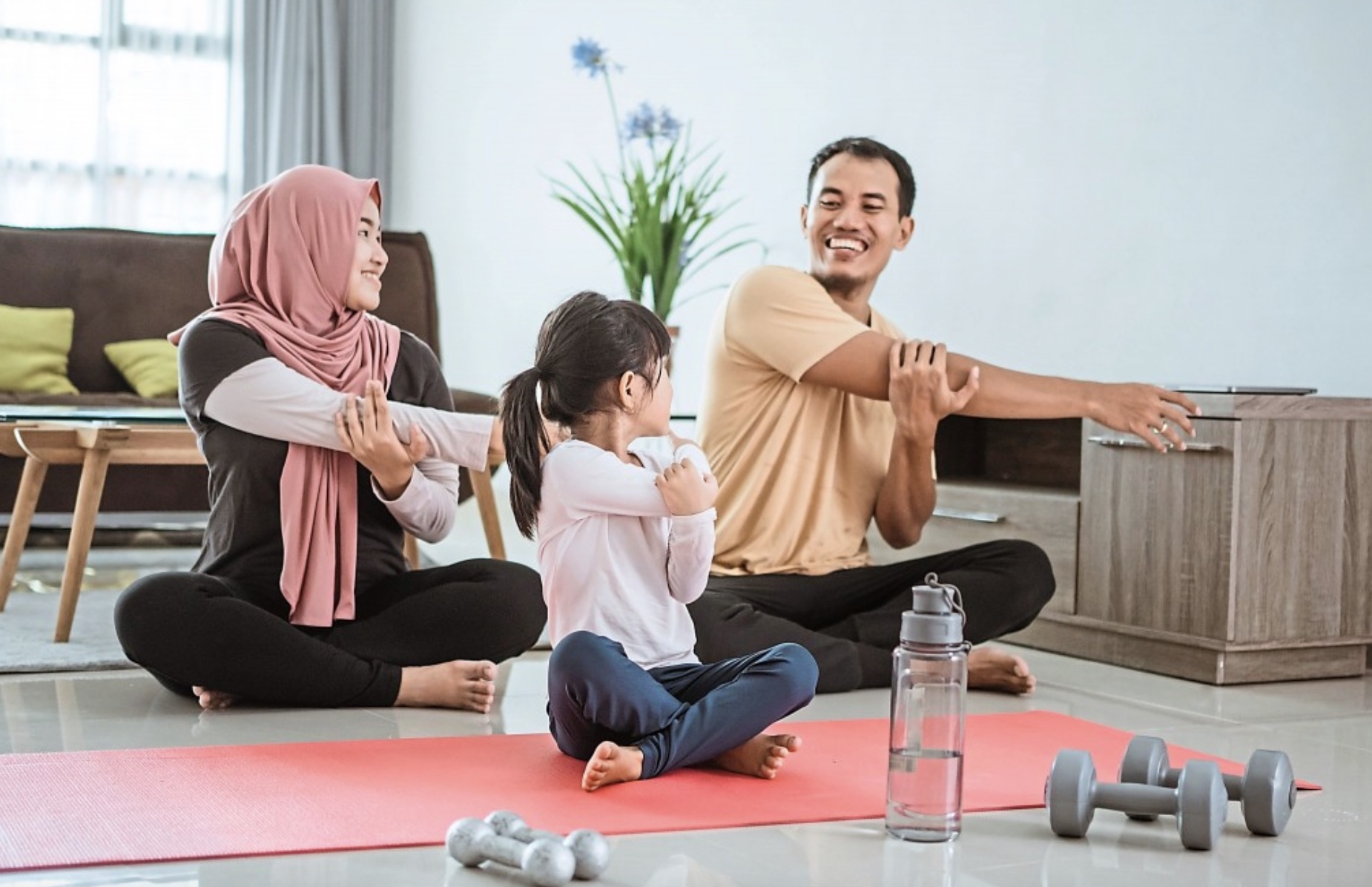One of today’s buzzwords is wellness and it is a strong selling point
By Joseph Wong
The wellness of a home is important for both its appeal and its worth in a world where people have just grappled past the coronavirus crisis and its impact on society’s behaviour.
It is given that buyers view their homes as investments in their own well-being, therefore a structure's contribution towards health and wellness is becoming more and more significant.
This is in part due to the rise in the awareness of self-care, a trend that is growing among the Malaysian population as they realise that ultimately their well-being lies in their own hands.
Many believe that the term self-care equates to things like relaxation, me time, spa visits, sleep or vacations, with some people still viewing it negatively as being selfish, indulgent or neglecting obligations.
In truth, self-care is the ability of individuals, families, and communities to promote health, prevent disease, maintain health and cope with illness and disability with or without the support of a health provider, according to the World Health Organization (WHO).
This perspective encompasses much more than just actions or behaviours involving self-indulgence or pleasure. Self-care can take many different forms, depending on the individual’s own circumstances at the time. Each person might practise self-care very differently than someone else.
The major objective is to improve general health and well-being. Self-care is not something one does merely because the person has the time or the chance to. It is the conscious decision to engage in activities that will replenish or renew yourself rather than drain you.
Getting enough sleep, eating healthily, and engaging in activities that are intellectual, practical, physical, or spiritual according to interests are some examples of self-care. At the same time, the health of a building is also becoming more and more paramount.
“Health and wellness always play a major role in selecting homes when the buyers have bigger budgets to spend and can afford to choose their own place. If there is a limited budget, the roof above his head and other more critical
factors, for example, total apartment size, number of rooms and location come into play,” said Savills Malaysia managing director and head Datuk Paul Khong.
People’s everyday habits and lifestyles are strongly influenced by their homes, communities, and environment, which combined account for 80% to 90% of health outcomes. It makes sense that since a home is often the biggest personal investment and expense, it should also be an investment in health and well-being.

